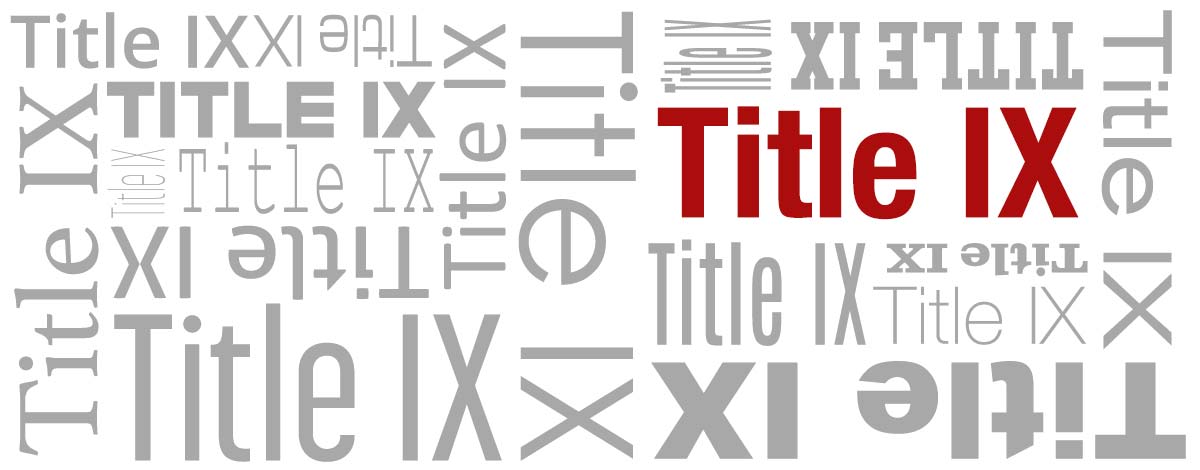By Barbara Dalton
On August 14, 2020, the U.S. Department of Education’s (DOE) new Title IX regulations are scheduled to take effect. The new regulations include important changes to what Title IX requires for Complainants and Respondents, giving campuses a lot to consider this summer as they prepare for the next school term.
The Department has set up a regulatory scheme for Title IX that rests on two foundations: educational institutions must offer supportive measures and follow a grievance process with very specific requirements.
DOE has mandated that schools offer both parties supportive measures. Title IX Coordinators must discuss supportive measures promptly with Complainants, regardless of whether a formal complaint is filed. The regulations define supportive measures as “non-disciplinary, non-punitive individualized services . . . designed to restore or preserve access to the recipient’s education program or activity without unreasonably burdening the other party.”
Another important shift is that no punitive or disciplinary action can be imposed on Respondents unless they are found responsible at the conclusion of a grievance process. This may limit the extent to which schools can intervene as they have previously by imposing interim measures such as changing a Respondent’s class schedule or housing. Schools should begin to think through these issues.
The grievance process must follow the rules set by DOE. Significant mandates in this area that impact the work of investigators include:
- Respondents are presumed not responsible.
- The Notice provided to Respondents must contain enough information for them to prepare a response in advance.
- The burden of proof and burden of gathering evidence is on the school.
- The parties have a right to inspect and review any evidence obtained as part of an investigation, including evidence not relied on.
If, at the conclusion of the grievance process, a Respondent is found responsible, only then can there be a remedy for the Complainant. DOE did not mandate any specific remedies, although the regulations state that remedies, like supportive measures, “must be designed to restore or preserve equal access to the recipient’s education program or activity.” This raises the question of what remedy for a sexual assault would restore or preserve equal access to an educational program or activity after the conclusion of what may have been a lengthy grievance process.
These are just a few highlights from the 2000-plus pages that DOE issued in late May regarding Title IX. We will look more closely at the changing Title IX landscape as it unfolds.
__________________
Barbara Dalton, an attorney and licensed private investigator, is Vice President of Public Interest Investigations, Inc. Her work includes conducting investigations at universities, colleges, and K-12 districts. She also serves as a hearing officer for Title IX adjudications and appeal hearings.


